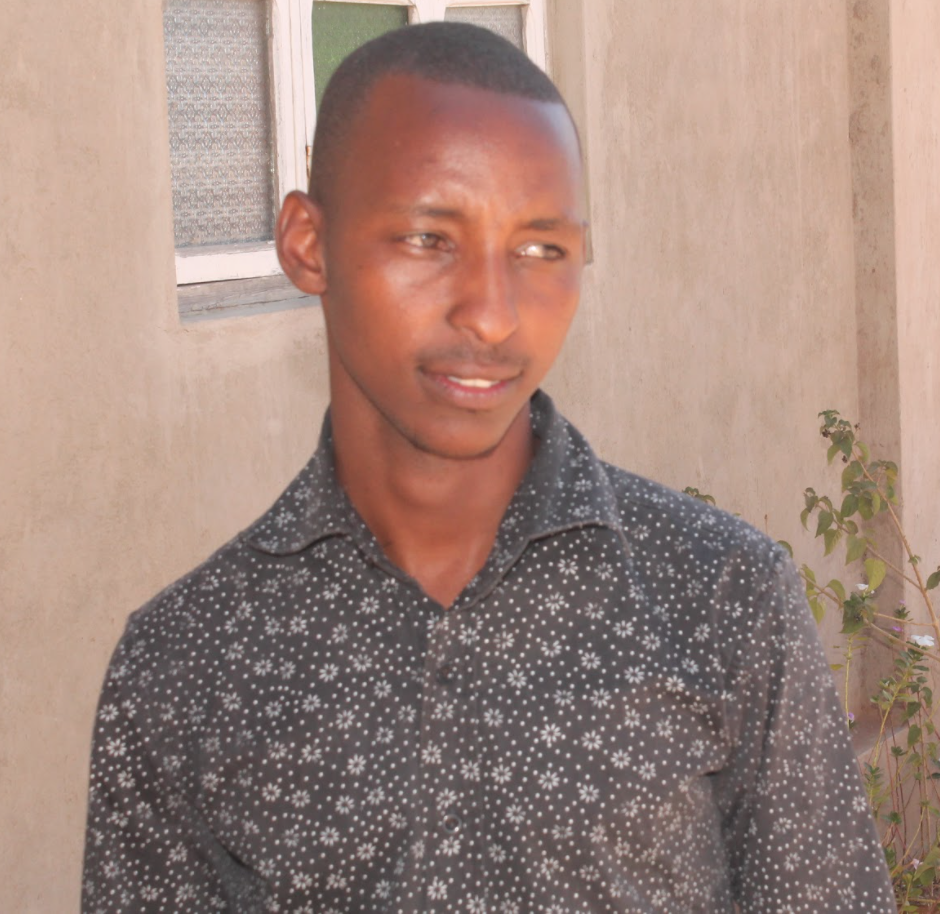Tanzania’s Vision for a Food-Secure Future: The Power of Youth and Partnership
In the sprawling plains of the United Republic of Tanzania, a silent revolution is brewing. A revolution led by youths, fueled by strong governmental support, and bolstered by international partnerships. At the epicenter of this transformation is Hon. Hussein Bashe, the nation’s dedicated Agricultural Minister, and the groundbreaking program known as Build a Better Tomorrow (BBT).
The scene was historic on the 6th of September as the Tanzanian government secured commitment for funds that would drastically change the trajectory of its agricultural sector. The African Development Bank (AfDB) committed $100 million, an auspicious event witnessed by President Hussein Mwinyi. But the cascade of support didn’t stop there. The World Bank pledged another $300 million for the flagship BBT initiative, with AGRA, IFAD, and USAID joining the commitment convoy with their significant contributions. These collaborations promise a dawn of renewed energy and focus on Tanzania’s agriculture sector, aiming to propel Africa into a food-secure future.
Hon. Bashe’s words at the gathering were not just a reflection of the nation’s achievements but a clarion call for African youths. “African youths, don’t lose hope,” he proclaimed, echoing sentiments of an economic renaissance reminiscent of the political liberation led by the forefathers in the 60s and 70s. It’s a call for the youth to harness the continent’s resources and tools, backed by stalwart leadership figures like H.E Dr. Samia Suluhu Hassan, who continue to drive the African food security agenda.
Dr. Hassan’s sentiments resonated deeply with this vision. She emphasized the pivotal role of youth, the majority population segment, in shaping and driving the future of agriculture in Tanzania and the larger African continent. With the weight of such potential, it’s crucial for the voices of these young souls to be heard, to understand their hopes, dreams, challenges, and possible solutions in the realm of agribusiness.
At the heart of this youth-centric focus lies the Build a Better Tomorrow (BBT) initiative. This transformative program envisions an agricultural sector contributing a formidable 10% to Tanzania’s GDP by 2030. BBT’s ambitious goals include inspiring and engaging youths in sustainable agricultural endeavors, empowering them through comprehensive training and mentoring, and fostering a conducive business environment for youth-led enterprises. Already bearing fruit, the program has since its inception in 2022, engaged over a thousand youths and women, with formal agribusiness training happening at thirteen incubation centers across the country.
BBT aims to address foundational challenges that have traditionally stymied the potential of Tanzania’s youth, including limited access to land, financial hurdles, marketing challenges, and technological gaps. With plans to create a staggering 3 million jobs by 2030 and establish 12,000 profitable youth enterprises, the program is already showing promising results.
Central to BBT’s success is the tangible support offered to participating youth. Initiatives such as allocating up to 10 hectares of land and providing 66 years of sub-leasing arrangements within a farm clasture model demonstrate the tangible strides being made. With a substantial Tsh 10.7 billion earmarked for grants and soft loans, the Tanzanian youth are not just being handed dreams – they’re being given the tools to make these dreams a reality.
There’s no denying the immense potential that youth hold in transforming Tanzania’s food system. With the unwavering commitment from the Tanzanian government, collaboration with the private sector, and invaluable support from development partners, the dream of a food-secure Tanzania, Africa, and the world is closer to realization than ever before. As Hon. Bashe rightfully declared, Tanzania is indeed geared up to promote agriculture for the benefit of its people, the continent, and beyond.


